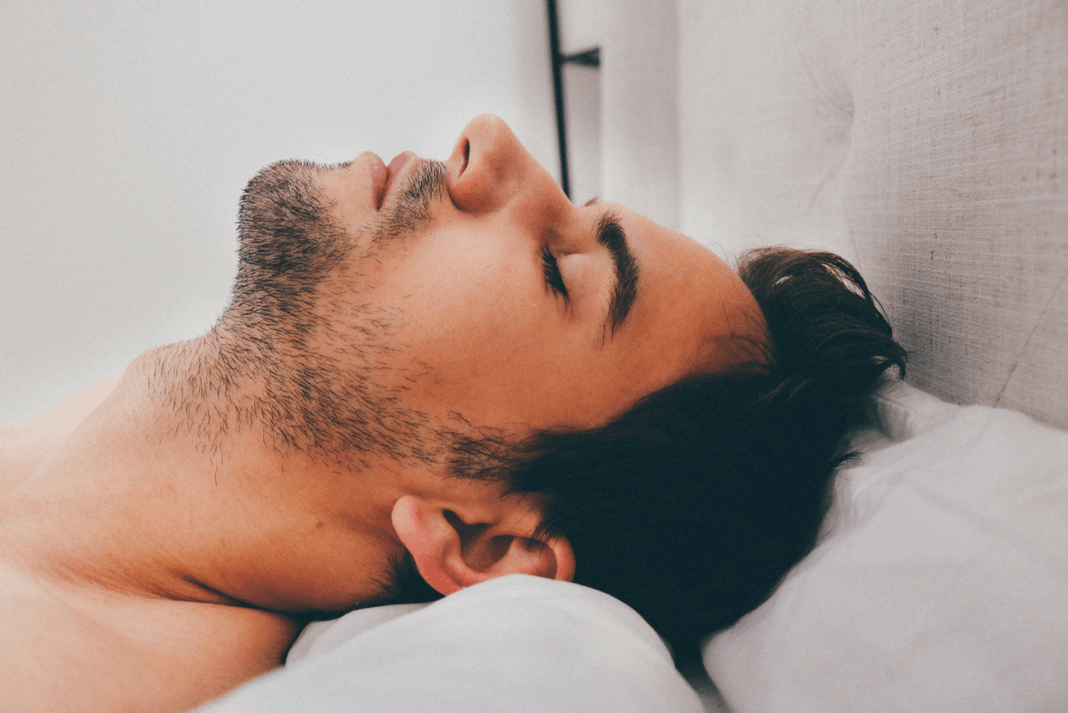Stress and sleep are interrelated. If you’re too stressed, it could bother your sleeping pattern. However, sleep is also one of the best ways to deal with stress.
Based on the Stress & Anxiety Disorder Survey conducted by the Anxiety Disorders Association of America (ADAA), 70% of adults experience anxiety and stress daily and that they have trouble sleeping at night. Since sleep dictates mood, lack of sleep can result in feeling irritable, tired, and more anxious. The sleep-stress cycle could go on and would further result to a worse sleeping disorder like insomnia. A proper sleep is one of the good ways to deal with stress and, hopefully, end this cycle.
Sleep has a lot of benefits in our body, and reducing stress levels is one of them. A study by Brown University showed that students who were deprived of sleep have lower GPAs due to lack of concentration and poor memory compared to those students who get enough sleep. The stress that the students got from school and other activities led them to minimal hours of sleep resulting in a poor performance in school.
Sleep helps the body cope with our daily activities and is a process which goes through different physiological phases. First, it helps restore the energy you spent the entire day. Taking naps is also an effective way to deal with stress temporarily. It helps the body recover lost energy and be energized for the remaining hours of the day.
Second, sleep helps the brain stay sharp by making new room for more learnings and memory for the next day. It also helps increase the immune system and get rid of common infections. Lastly, sleep can be good for your heart by reducing your heart rate and blood pressure.
If sleep is the most effective way to deal with stress, then how can you get enough of it when stress has been keeping you awake at night? According to AADA, the best way to get back to the usual sleeping pattern and get that six to eight hours of sleep is to start a habit. Sleep at the same time and wake up at the same time. If it’s too difficult to sleep right away, allot an hour or two hours before sleeping time to unwind. Simply rest and unwind; unload the mind of the worries of the day. It is also advised to not have any caffeine – coffee, tea, or cigarette – and/or alcohol before going to sleep. Stay out of the television, computer, or any gadget before sleeping.
During the day, try to get as much physical activity during the day but not at least four hours before sleeping. A little exposure to sunlight also helps. Eating meals on a regular schedule also helps regulate sleep.
Getting back to the usual six to eight hours of sleep isn’t easy; it’s not wise to rush the process either. Do what you can do during the day and try to stay on track based on the suggestions above. Take it one day at a time. At the end of the day, the best way to cope with stress is not to stress too much about sleeping right.
Go ahead and start winding down. Dim your lights. Close your eyes. Good night!
Hi, I’m Sophia! Welcome to my blog Try Stress Management (trystressmanagement.com), where I share simple, down-to-earth ways to handle stress and bring more calm into everyday life. Think of me as your friendly guide, offering practical tips, reflections, and little reminders that we’re all figuring this out together.
When I’m not blogging, you’ll usually find me with a good book, sipping tea, or exploring new walking trails. I believe small changes can make a big difference—and that a calmer, happier life is possible for everyone.
